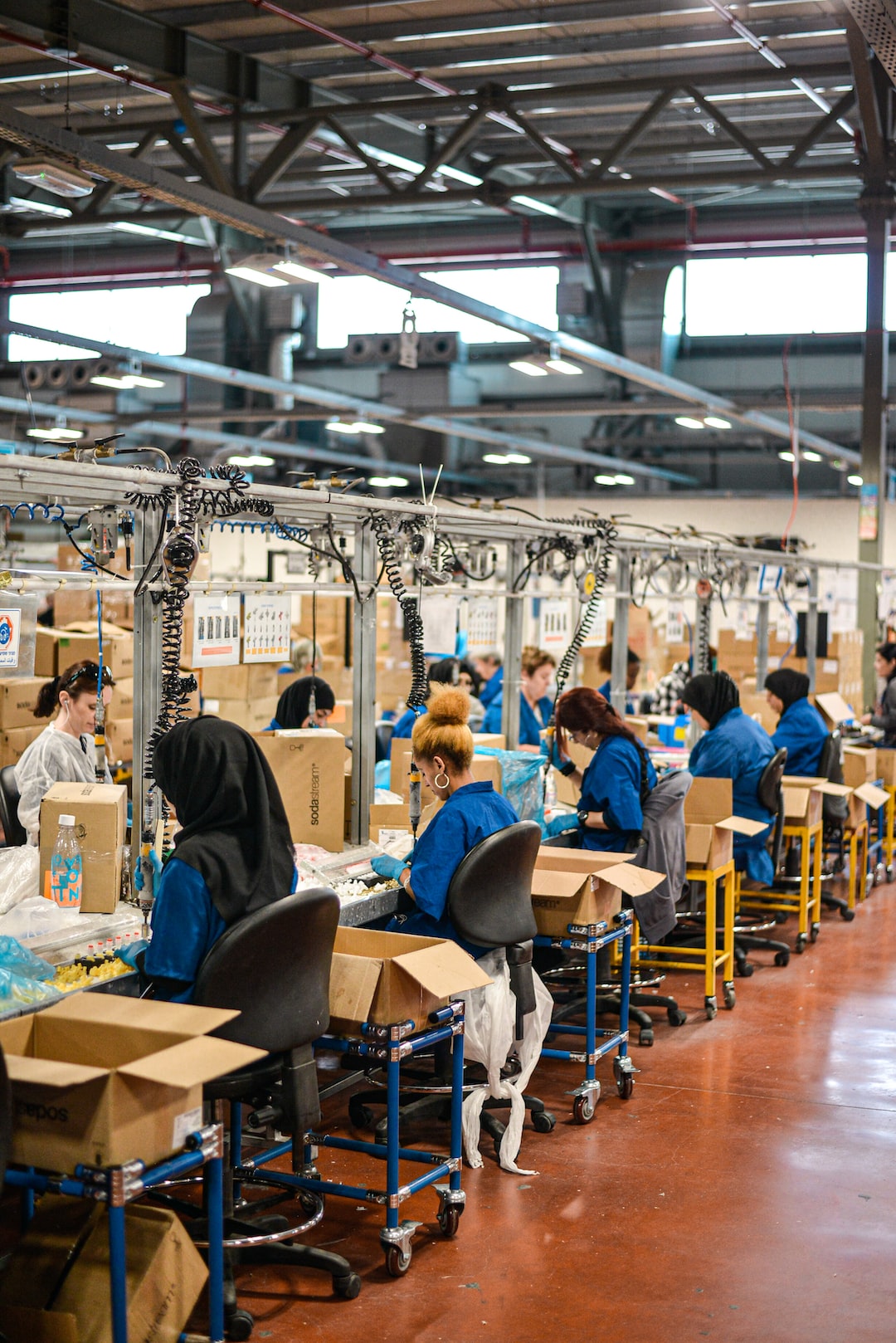Digital Transformation in Manufacturing: Harnessing the Power of Technology
In today’s fast-paced world, technological advancements are continuously influencing various industries, and the manufacturing sector is no exception. The digital transformation of manufacturing is revolutionizing the way companies operate, enabling them to become more efficient, productive, and competitive in the global marketplace.
One of the key elements of digital transformation in manufacturing is the use of advanced technology such as automation, robotics, artificial intelligence (AI), and the internet of things (IoT). These technologies have the potential to revolutionize the entire production process, from design and development to production and delivery.
One major advantage of implementing digital technologies in manufacturing is the increased efficiency and productivity they bring. Automation and robotics can carry out repetitive tasks more accurately and efficiently than humans, resulting in improved productivity and reduced errors. AI can analyze vast amounts of data to identify patterns and make accurate predictions, enabling businesses to optimize their production processes and make informed decisions.
Moreover, the use of IoT devices and sensors in manufacturing allows companies to collect real-time data from machines and equipment, enabling predictive maintenance and reducing downtime. This data-driven approach enables manufacturers to proactively address maintenance issues before they become major problems, resulting in increased uptime and reduced costs.
Another aspect of digital transformation in manufacturing is the adoption of cloud computing. Cloud-based platforms allow companies to store and access vast amounts of data securely, enabling real-time collaboration and remote access to critical information. This facilitates seamless communication between different departments, suppliers, and customers, leading to improved supply chain visibility and customer satisfaction.
Digital transformation also opens the door for new business models and revenue streams in manufacturing. For instance, by integrating data analytics and AI, manufacturers can offer value-added services such as predictive maintenance and performance optimization to their customers. This not only strengthens customer relationships but also creates new revenue streams and opportunities for growth.
However, embracing digital transformation in manufacturing does come with challenges. Companies need to invest in infrastructure, workforce training, and cybersecurity measures to ensure a successful implementation. Change management is also crucial to ensure that employees adapt to new technologies and processes effectively.
In conclusion, the digital transformation of manufacturing offers significant opportunities for companies to enhance their competitiveness in the global marketplace. By harnessing the power of technology such as automation, AI, IoT, and cloud computing, manufacturers can improve efficiency, productivity, and customer satisfaction. Embracing digital transformation is no longer optional but necessary to stay ahead in the manufacturing industry. With careful planning, investment, and effective change management, businesses can unlock the immense benefits of digital transformation and shape a successful future.
